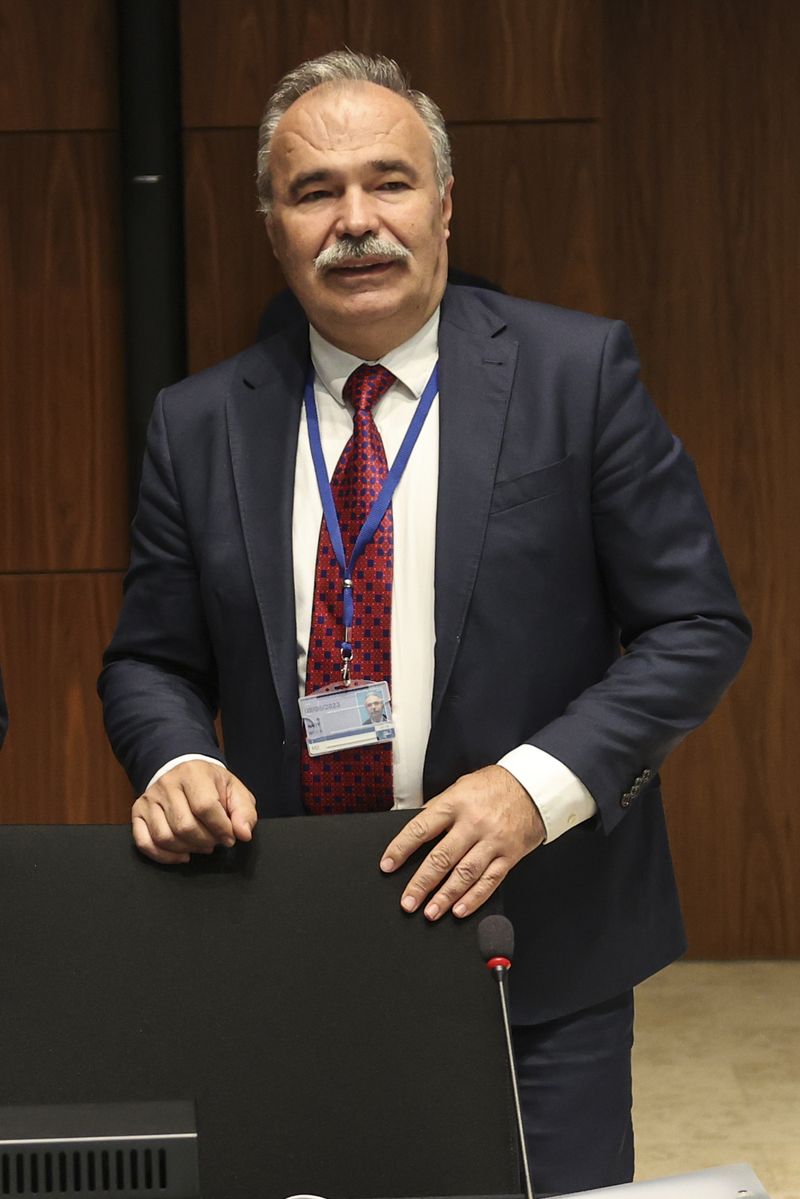Ministers of agriculture exchanged views among others on the market situation, thus the problems with increasing agricultural imports from Ukraine and the implementation of the new CAP Strategic Plans in their meeting held on 25th of April in Luxembourg.
Minister István Nagy specifically drew attention again to the difficulties related to the increasing agricultural imports from Ukraine. Recalled, that after the outbreak of the war of aggression, it was a common commitment to ensure global food security and establish alternative logistic routes using all relevant routes and so that Ukrainian grain could be transported by land. To this end, the European Union set up the Solidarity Lanes. To the well-functioning of the Solidarity Lanes Hungary is very committed and actively involved. Despite to the aim to ensure grain supply to countries outside Europe, unfortunately a significant part of the incoming crops is sold on the markets of countries bordering with the Ukraine, leading to serious market disruptions. The frontline countries have called the Commission for immediate action to solve the problem.

Regarding the implementation of CAP strategic plans, Member States outlined that they have faced several challenges, such as approving national implementing legislation, developing IT system or providing information to farmers and stakeholders. Member States highlighted that the late approval of the new CAP legislation and the long approval process of the strategic plans very narrow time frame was available for the preparation necessary to launch the new programme. Minister István Nagy among several Member States asked the European Commission to show flexibility during the modification of the CAP strategic plans and react quickly to Member States’ queries to ensure a smooth implementation. Many Member States criticized that simplification was not achieved during the CAP reform and the administrative burden increased both for the farmers and the authorities.
Further topics were also discussed such as agri and forestry aspects of the carbon removal certificate system, the opportunity of bioeconomy and the strengthening of origin labelling and traceability of honey products.

